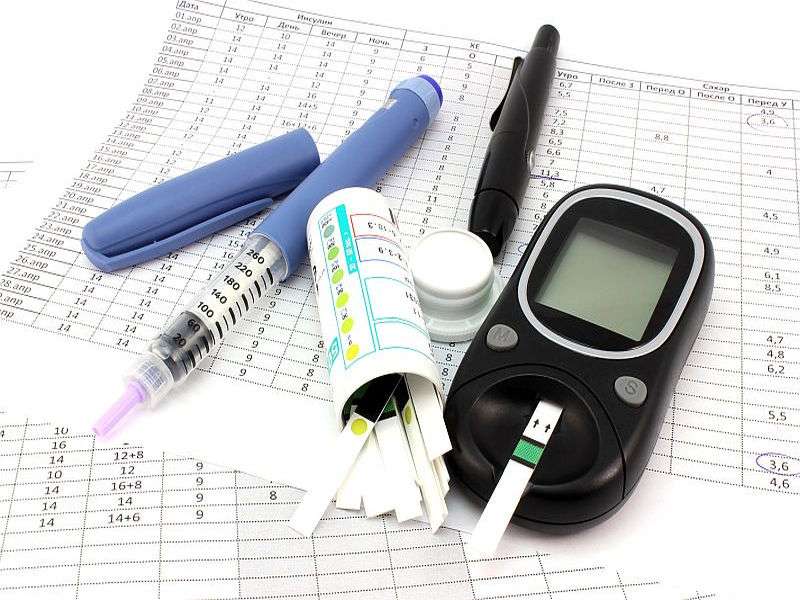PCSK9 increased in females, youth with type 1 diabetes

(HealthDay)—Proprotein convertase subtilisin/kexin type 9 (PCSK9) is increased in young females and youth with type 1 diabetes (T1D), according to research published online June 6 in Diabetes Care.
Amy E. Levenson, M.D., from Harvard Medical School in Boston, and colleagues measured PCSK9 levels in a subset of a previously described cohort of young people with T1D and controls. The authors examined the correlation between PCSK9 and age, body mass index, hemoglobin A1c, blood pressure, triglycerides, cholesterol, and apolipoprotein B (ApoB) in 74 controls (age 15.4 years) and 176 young people with T1D (age 15.2 years).
The researchers found that females and individuals with T1D had significantly higher PCSK9 concentrations. There were increases in PCSK9 levels from 187 ± 67 ng/mL in control-group males to 215 ± 83 ng/mL in control-group females, and from 253 ± 98 ng/mL to 299 ± 106 ng/mL in males and females with T1D, respectively (P < 0.002 for the effects of sex; P < 0.0001 for the effects of T1D; P = 0.864 for interaction). There was a significant correlation for PCSK9 with total cholesterol and ApoB in the control group, and with hemoglobin A1c, triglycerides, total cholesterol, low-density lipoprotein cholesterol, and ApoB in the T1D group.
"Future work will be necessary to understand the contribution of PCSK9 to the dyslipidemia and increased cardiovascular disease risk associated with T1D, particularly in females," the authors write.
More information: Abstract/Full Text (subscription or payment may be required)
Copyright © 2017 HealthDay. All rights reserved.

















